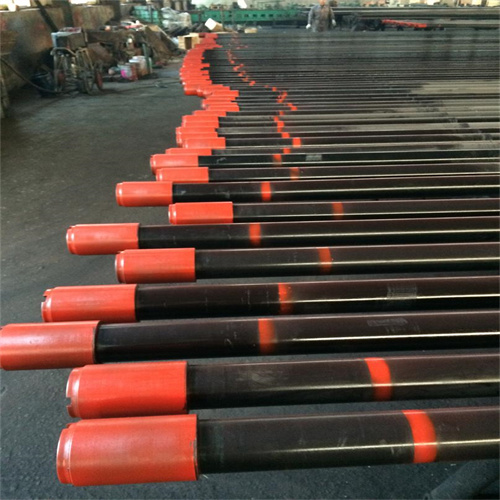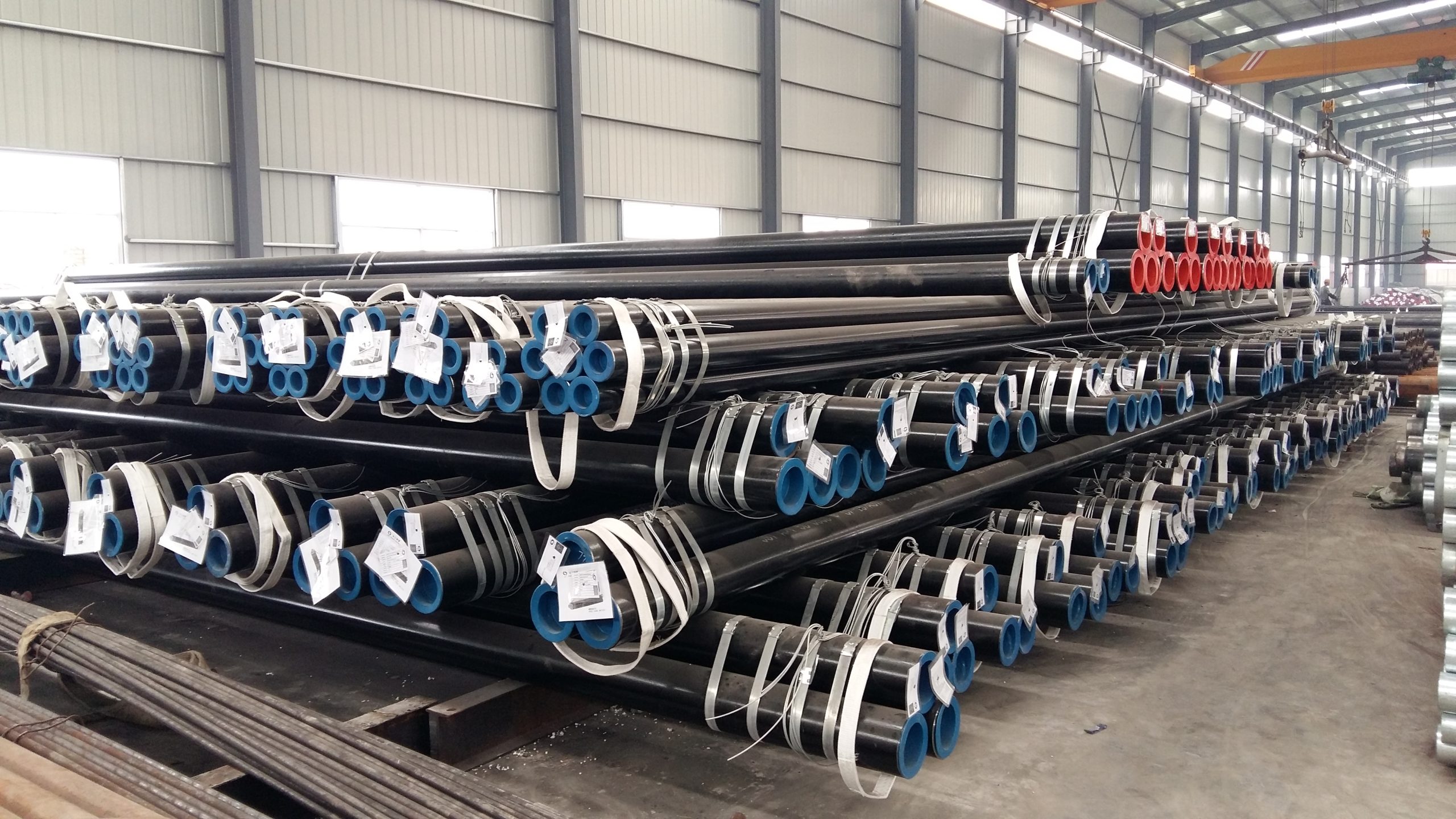Table of Contents
The Importance of Oil and Gas Pipelines in the Energy Industry
Oil and gas pipelines play a crucial role in the energy industry, serving as the primary means of Transporting these valuable resources from production sites to refineries and distribution centers. These pipelines are essential for ensuring a steady supply of oil and gas to meet the growing energy demands of consumers around the world.
One of the key reasons why oil and gas pipelines are so important is their efficiency in transporting large volumes of oil and gas over long distances. Unlike other modes of transportation, such as trucks or trains, pipelines can transport huge quantities of oil and gas with minimal energy consumption and environmental impact. This makes pipelines a cost-effective and environmentally friendly option for moving oil and gas from one location to another.

In addition to their efficiency, oil and gas pipelines also play a critical role in ensuring the reliability of energy supplies. By providing a dedicated and secure means of transporting oil and gas, pipelines help to minimize the risk of supply disruptions that can occur with other modes of transportation. This reliability is essential for maintaining the stability of energy markets and ensuring that consumers have access to the energy they need to power their homes, businesses, and vehicles.
Furthermore, oil and gas pipelines are essential for supporting the global economy. The energy industry relies heavily on the transportation of oil and gas to meet the demands of various sectors, including manufacturing, transportation, and Agriculture. Without pipelines to transport these resources, the global economy would grind to a halt, leading to widespread disruptions and economic instability.

Another important aspect of oil and gas pipelines is their role in promoting energy Security. By providing a secure means of transporting oil and gas, pipelines help to reduce the dependence on foreign sources of energy and enhance the energy independence of countries around the world. This is particularly important in today’s geopolitical landscape, where energy security is a top priority for many nations.
In addition to their economic and security benefits, oil and gas pipelines also play a crucial role in reducing greenhouse gas emissions and mitigating climate change. By enabling the efficient transportation of oil and gas, pipelines help to minimize the need for less environmentally friendly modes of transportation, such as trucks and trains. This, in turn, helps to reduce the carbon footprint of the energy industry and promote a more sustainable energy future.
Overall, oil and gas pipelines are an essential component of the energy industry, providing a reliable, efficient, and secure means of transporting oil and gas to meet the growing energy demands of consumers around the world. From promoting economic growth and energy security to reducing greenhouse gas emissions, pipelines play a vital role in shaping the future of the energy industry and ensuring a sustainable energy future for generations to come.
